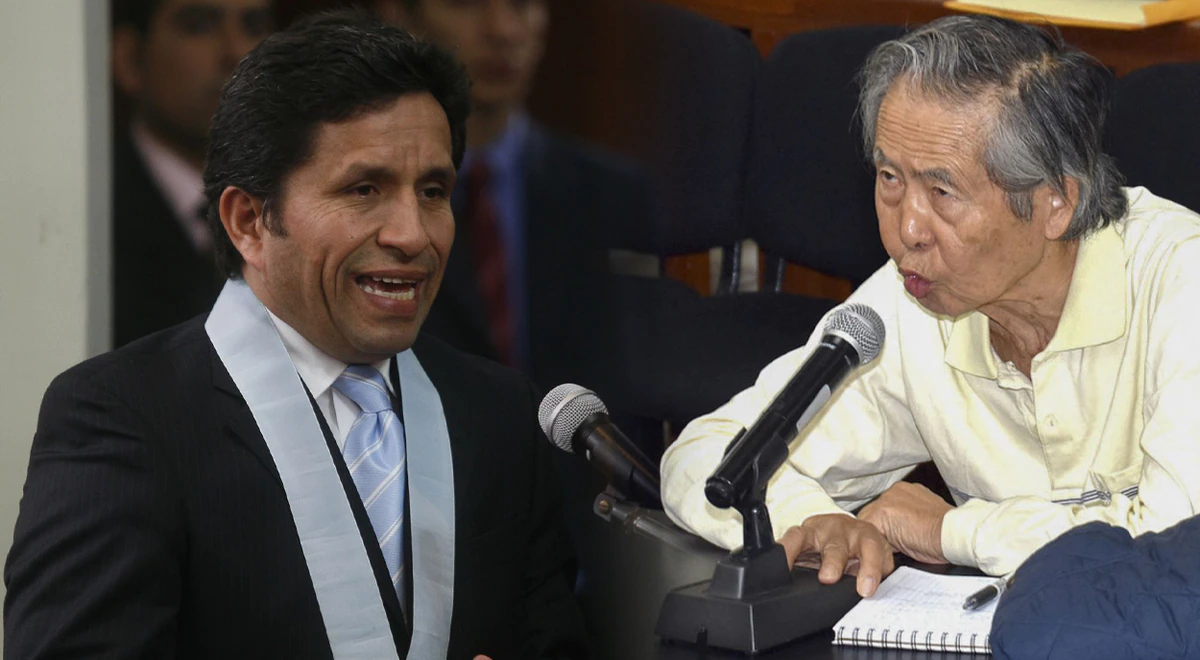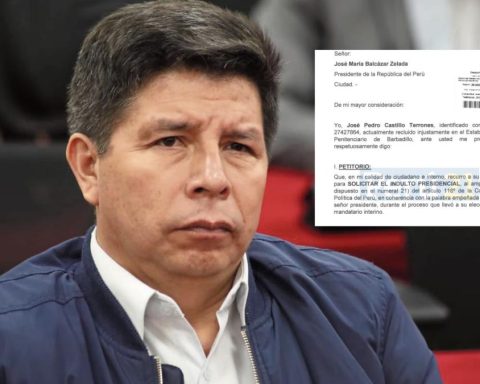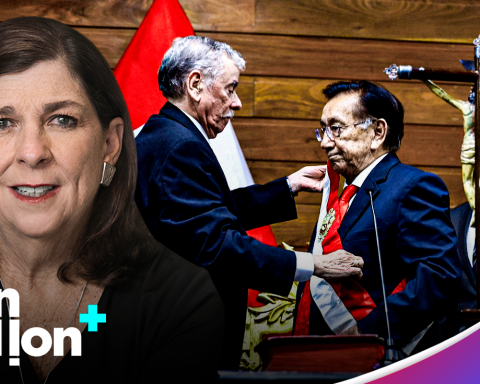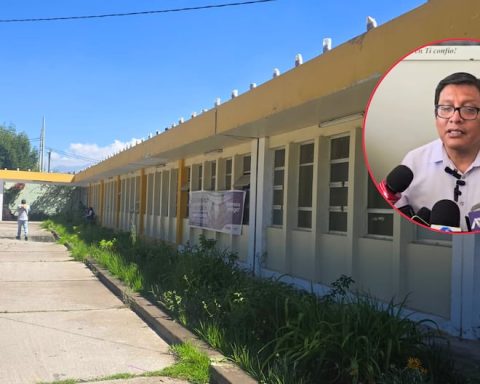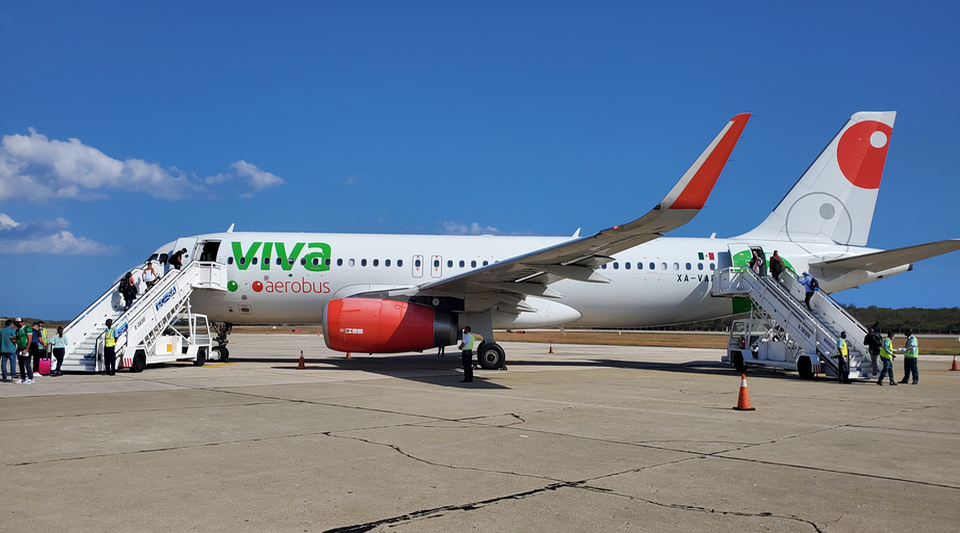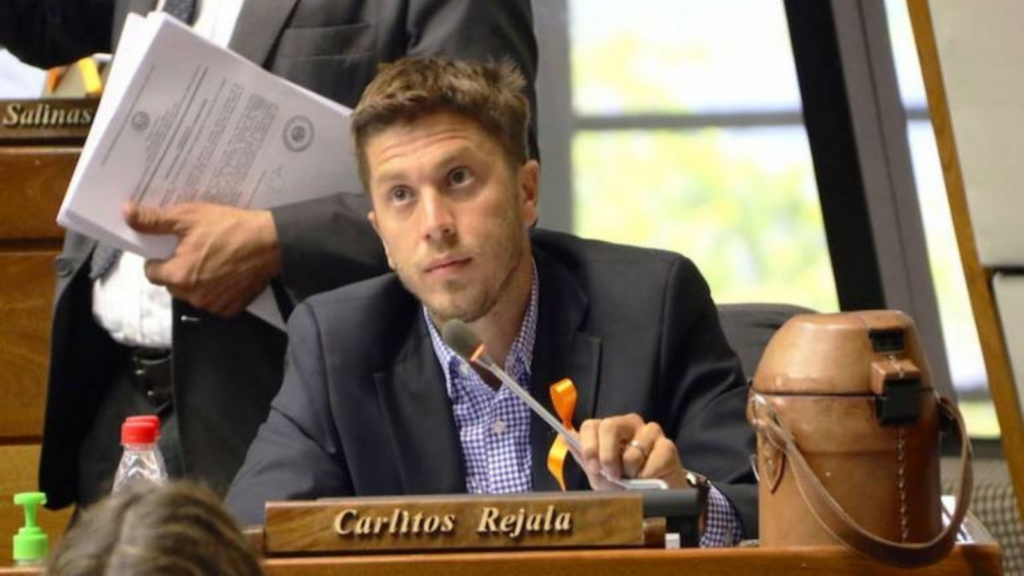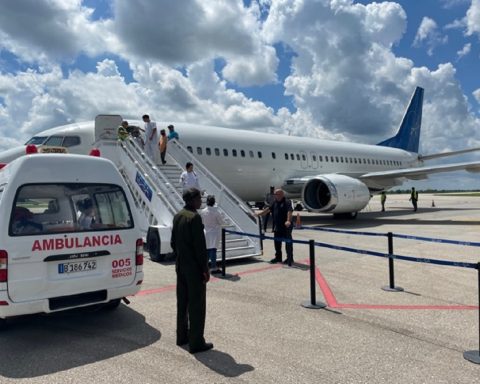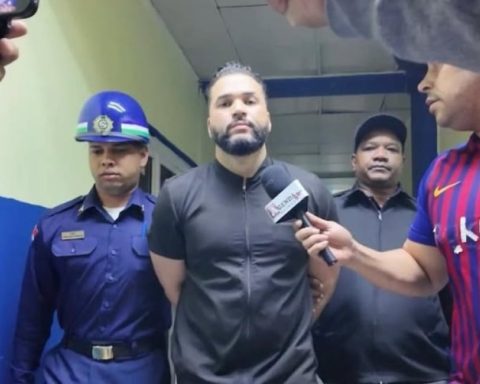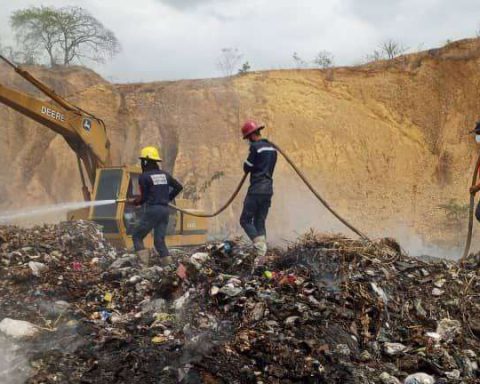Charles Rivera provided an analysis in RPP on the resolution that the Inter-American Court issued today after having analyzed the ruling issued by the Constitutional Court on March 17, in which the sentence that prevented the release of Alberto Fujimori was annulled with a pardon, which was granted with irregularities by Pedro Pablo Kuczynski.
“Although the Court is concerned about Fujimori’s state of health, it is much more concerned that the Peruvian State meets the standard established in 2018”, The lawyer explained that represents the families of the victims of Barrios Altos and La Cantuta.
YOU CAN SEE: Inter-American Court orders Peru not to implement ruling to release Alberto Fujimori
Rivera stated that There was already a court assessment in a 2018 resolutionwhich indicated that the pardon had been issued irregularly, improperly and, above all, contrary to the provisions of international law and the jurisprudence of the Inter-American Court itself. According to the defense of the victims, for this reason the entity is analyzing the decision of the TC in a strictly legal manner.
“The Court defines that in order to issue a humanitarian pardon must be taken into account certain standards, which the Peruvian State has breached, despite being mandatory. For this reason, it has ordered very specific actions”, indicated the IDL lawyer.
The most notable decision of the Court is that the former president is not released, and secondly, it provides that the State must prepare a supervision report on compliance with those measures ruled in May 2018.
These measures include actions such as payment of civil damages, which in these cases is quite minimal; an order of public pardon; a recognition of criminal acts of Mr. Fujimori or a collaboration with justice to find out where the bodies of the disappeared persons are.
The State must prepare a report and submit it by May 13 of this year to account for compliance with these measures established by the Court four years ago. In the meantime, The international organization has ruled —not only provisionally, but definitively— that former dictator Alberto Fujimori not be released.
In addition, Rivera indicated that it is likely that in the immediate future the Inter-American Court convenes a compliance monitoring hearing after the report requested by the Court from the State is received, since in the resolution it can be understood that this matter has to be decided on the basis of the information and comments that must be given by both the Peruvian State and the parties involved in this case.
